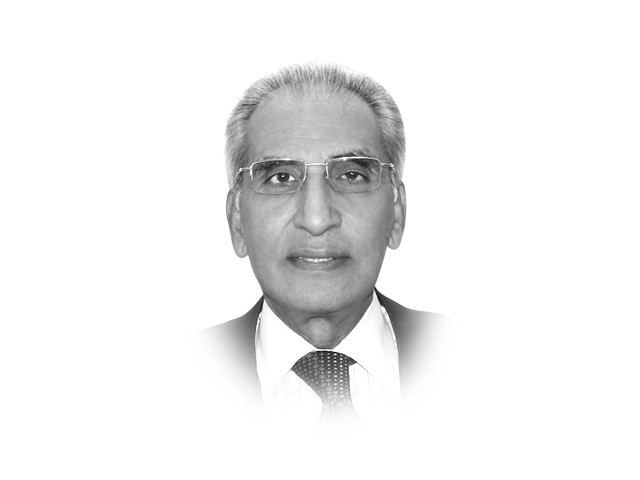Zardari’s visit to India and after
Pakistan, Delhi would do themselves & world good were they to make Afghanistan launching pad to create mutual trust.

While details are yet to emerge, Zardari described the talks as “very fruitful”, while Prime Minister Manmohan Singh expressed willingness “to find practical and pragmatic solutions on all issues”. Singh also agreed to visit Pakistan but only when “mutually convenient”. The Summit did, however, provide an impetus to the normalisation process. The challenge, therefore, will be to ensure that momentum is not simply maintained but enhanced, particularly as leadership in both countries needs to wean people away from memories of deep mutual suspicion. After all, their relationship impacts not only themselves, but a region which is home to one-fourth of the world’s population. Happily, most Pakistanis no longer look at India as an enemy; the attitude is one of envy, not enmity. A growing number of Indians, too, favour establishing cordial ties with Pakistan.
The normalisation process, however, has not moved with the resolve expected with the restoration of a democratic government in Islamabad. Admittedly, the November 2008 terrorist strike caused strong outrage in India, prompting Delhi to break off the composite dialogue process. Though a limited restoration was signalled in 2010, the talks have proceeded at a desultory pace, with no movement on issues such as Siachen and Sir Creek, where existing understandings should have led to closure.
Foreign Minister Hina Rabbani Khar’s recent comments appeared to signal a shift in Islamabad’s stand on differences with India, more specifically on Kashmir. While some may question the wisdom of abandoning a historical position without evidence of reciprocal concession, there is growing concern in Pakistan that given its impressive economic growth rate and increasing international profile, India is losing interest in reaching a durable relationship with Pakistan.
While this may appear attractive to some in India, the harsh reality is that though Pakistan will definitely gain from peace, it is also in India’s interest to have cordial relations with its neighbours. But as the dominant power, India would need to show understanding for concerns of its smaller neighbours. Moreover, with Afghanistan entering the ‘endgame’, the urgency of Pakistan and India reaching an understanding on what their ‘objectives’ are in that country assumes critical importance. It would be tragic if, on top of the existing laundry list of disputes, differing Pakistan-India goals in Afghanistan destroy prospects of peace there.
As it stands, Afghanistan has been a historic bone of contention between India and Pakistan with both convinced that the other’s presence would be to its detriment. This pernicious zero-sum game has not served the interest of either country while harming prospects of peace and stability in the region. Islamabad and Delhi would do themselves and the world great good were they to make Afghanistan the launching pad to create mutual trust that has been lacking in their relationship so far. It is also important to ensure that the dialogue process remains “uninterrupted and uninterruptible”, as Indian National Congress Member Mani Shankar Aiyer has emphasised.
Of course, given the level of mutual suspicions, this will not be easy. Moreover, both countries would be wary of taking the first step, especially at a time when serious questions have been raised regarding the political future of both Prime Minister Yousaf Raza Gilani and Manmohan Singh. But their weakness should not inhibit their imagination; instead, it should spur them on to greater resolve.
Though terrorism is of huge concern to India, America’s announcement of a $10 million bounty for the arrest or capture of Hafiz Saeed appeared to be an inept attempt to curry favour with India, while ratcheting up pressure on Pakistan for its failure to wrap its foreign policy review. But to have done so on the eve of Zardari’s visit –– of which the US could not have been unaware –– was unfortunate and evidence of its disconnect from the complexities of South Asian politics.
Published in The Express Tribune, April 10th, 2012.













COMMENTS
Comments are moderated and generally will be posted if they are on-topic and not abusive.
For more information, please see our Comments FAQ